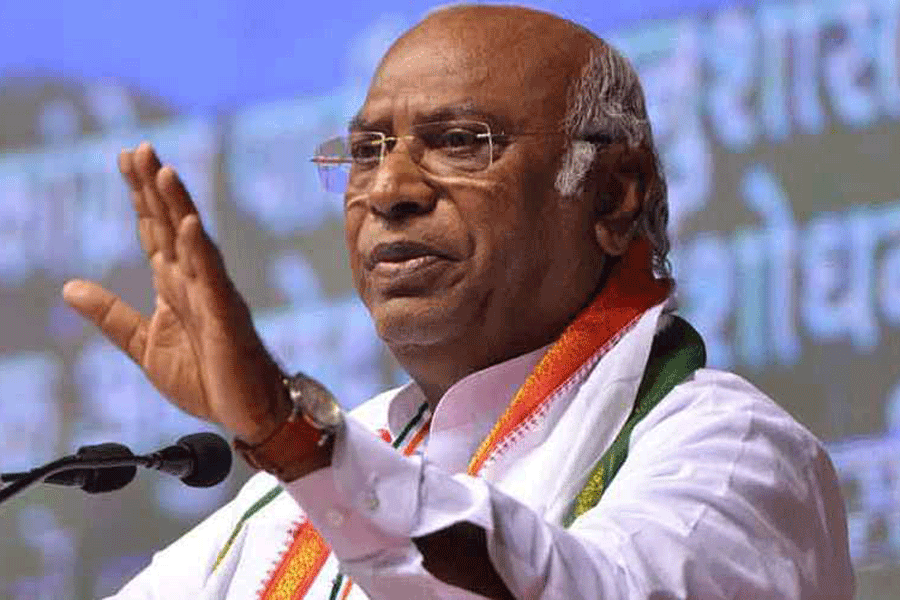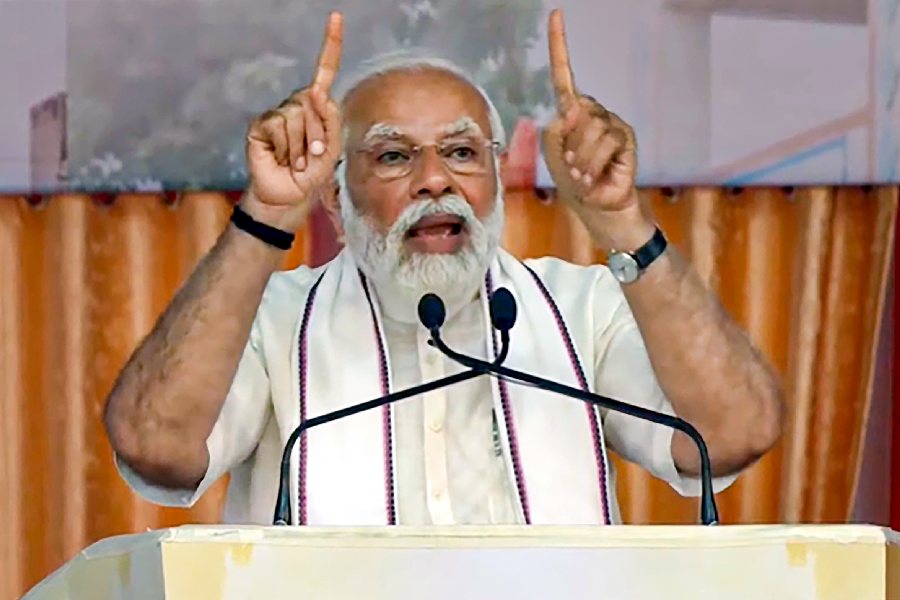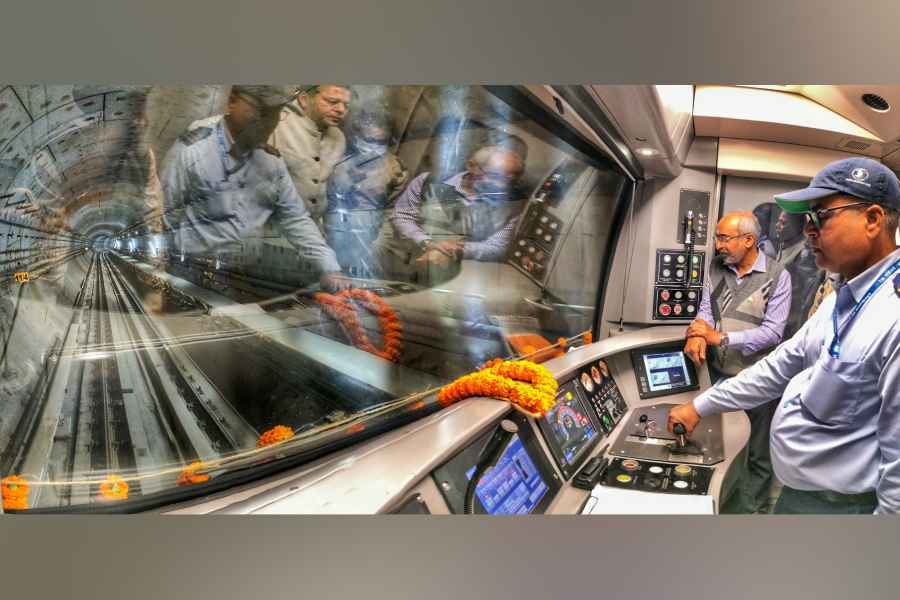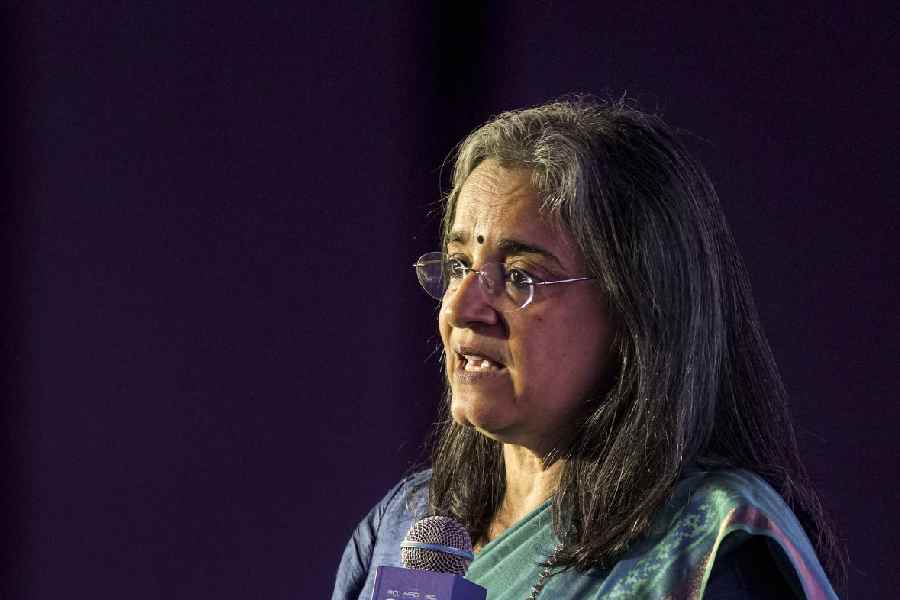Now that the Congress has won Karnataka, it should keep the promise in its manifesto to reject the NDA government’s National Education Policy and give the state its own education policy, several educationists and activists told The Telegraph.
The Tamil Nadu government has already set up a committee to draft a State Education Policy (SEP) instead of implementing the NEP guidelines.
Anita Rampal, former dean of faculty (education), Delhi University, said Karnataka must now undo all the misinformation spread by its NEP-related documents prepared under the BJP government.
“Karnataka had begun implementation of the NEP in the most dubious manner with problematic committees. The state’s position papers, brought out in 2022, promoted untruths and social divisiveness,” she said.
“The paper on health and well-being, prepared in July 2022 by an expert panel set up by the Basavaraj Bommai government as part of NEP implementation, disapproved of the consumption of eggs in the midday meals.”
The position paper said: “Given the small body frame of Indians, any extra energy provided through cholesterol by regular consumption of egg and meat leads to lifestyle disorders.”
Rampal said Karnataka must also resist the Union government’s efforts to promote centralisation, communalisation and commercialisation of education through micromanagement of the sector via the NEP.
“The draft National Curriculum Framework (NCF) released last month is a 650-page document spelling out details of the compulsory papers and curricular areas a student would pursue,” she said. “In Class X, it prescribes 16 compulsory papers from eight areas. This is centralisation and micromanagement of education. The draft NCF 2023 of the central government promotes compulsory courses under the curricular domain called 'interdisciplinary areas' with all kinds of traditional knowledge systems and practices that promote obscurantist ideas.”
Karnataka must take the lead in bringing together other states to resist and reject the damaging pressures of the NEP, Rampal said.
The Tamil Nadu government’s SEP committee is yet to submit its report. An educationist who did not wish to be quoted said the state might not be able to reject the NEP in totality.
“Education is a concurrent subject. Certain matters, like setting standards and ensuring uniformity in higher education, come under the domain of the UGC. The state may not have much leeway to deviate (from the NEP),” he said.
Abha Dev Habib, a faculty member at Miranda House College, Delhi, said the new Congress government in Karnataka should keep its promise to reject the NEP and increase spending in the education sector.
Many teachers have opposed Delhi University’s move to implement NEP recommendations, such as a four-year undergraduate programme with multiple exit options, under instructions from the University Grants Commission.
They say this will increase the hardship for students from poor families since they will have to spend an extra year in college.
“Delhi University has already changed the classroom size from 40 to 60 students. It has asked the colleges to remain open from 8am to 8pm in the name of enabling students from other colleges to avail the facilities,” Habib said.
“It did not consider the burden on faculty and staff, who are already stressed.The student-teacher ratio will be skewed because of the change in class size. On the whole, the NEP has been detrimental to the public education system and the common people.”
Prince Gajendra Babu, general secretary of the State Platform for Common School System-Tamil Nadu (SPCSS-TN), which is spearheading a movement for school education reforms, said the Centre had taken advantage of the pandemic to bypass Parliament while introducing the NEP in July 2020.
“The NEP reduces the whole of education to literacy, numeracy and vocational skilling. It promotes the privatisation of education. It will deny the poor access to quality education,” he said.
“The purpose of education is to empower citizens by providing them with knowledge and the skills for critical analysis. The NEP aims to create people skilled in the various vocations to provide cheap labour, not intellectually empowered people.”












